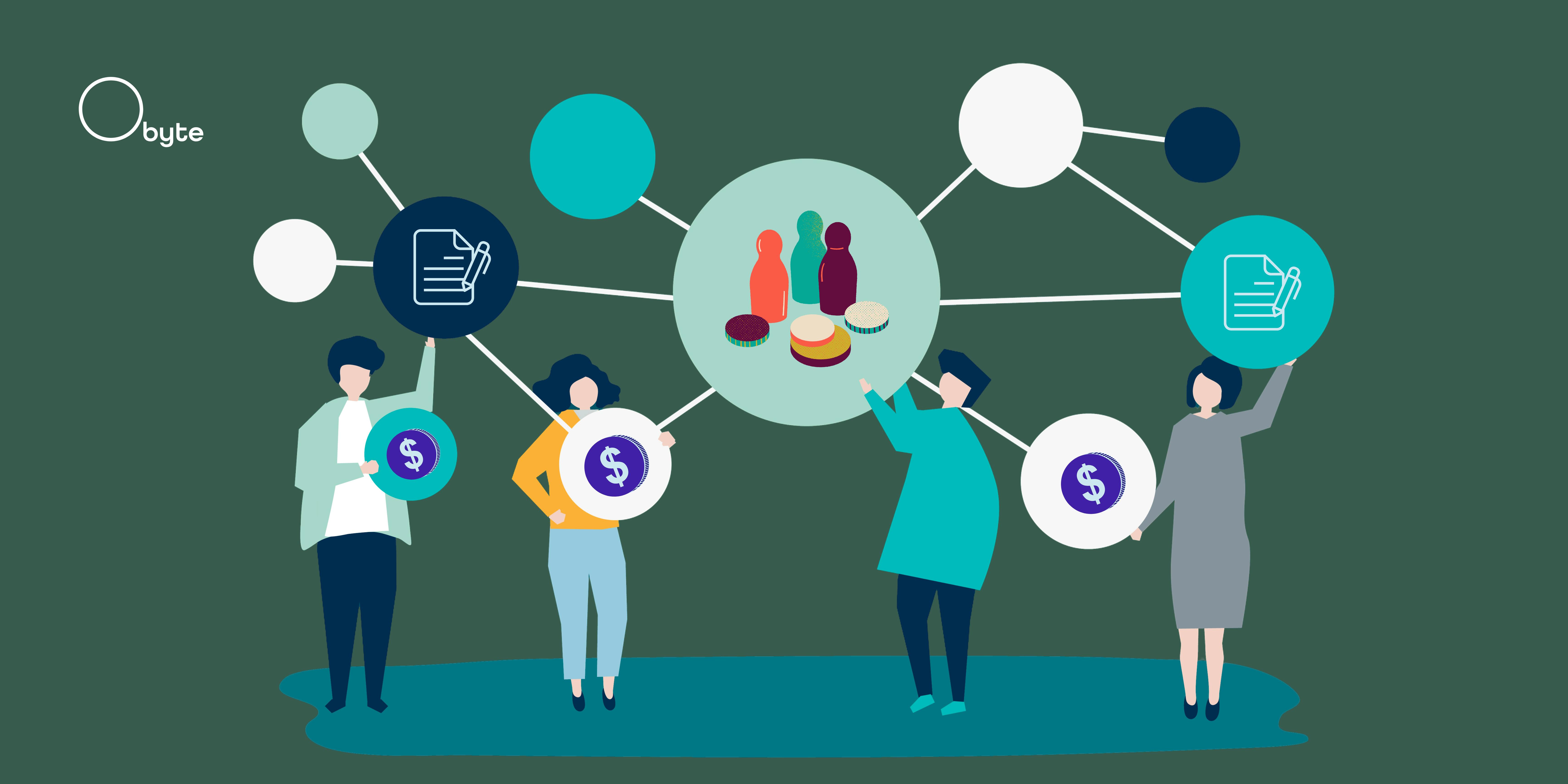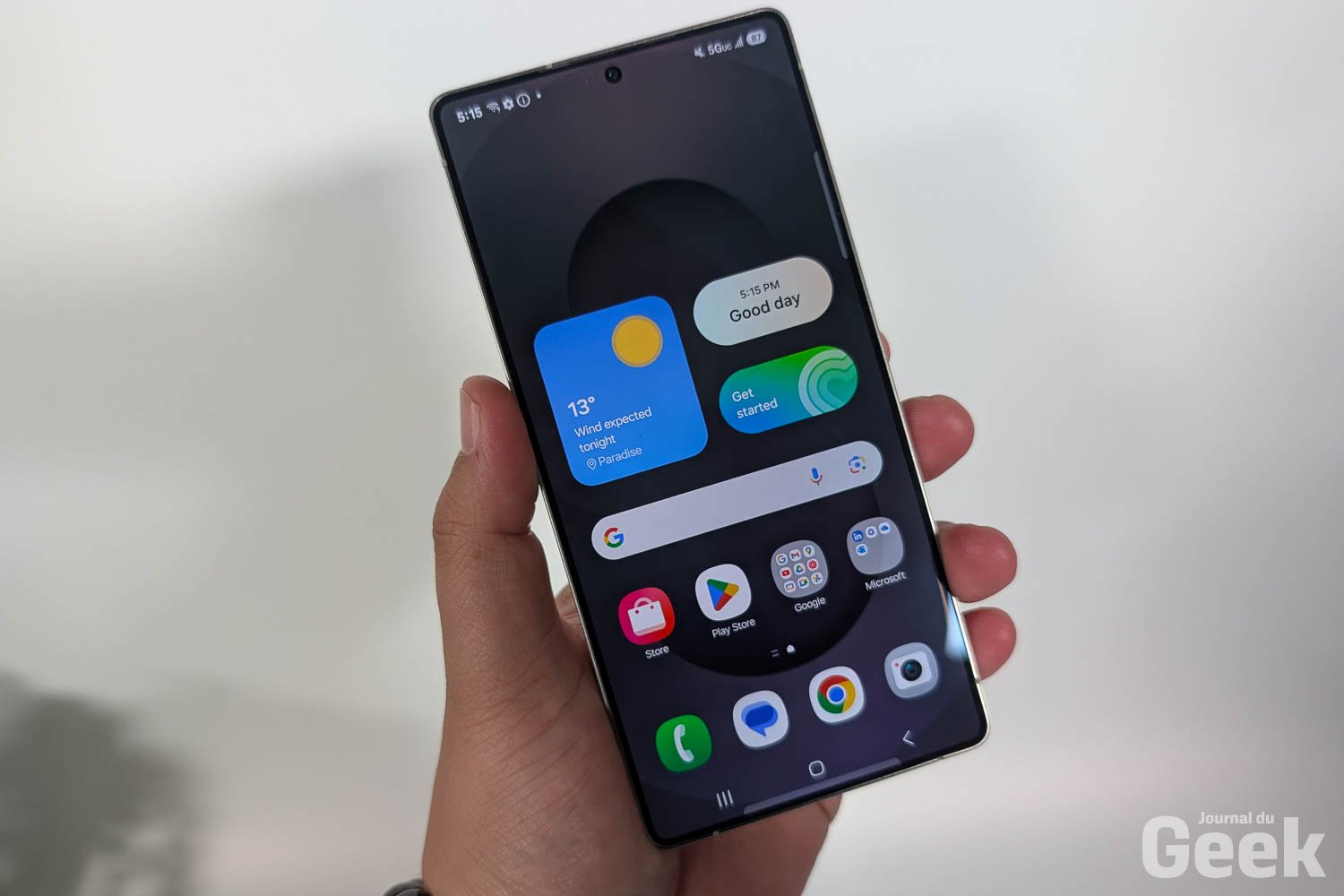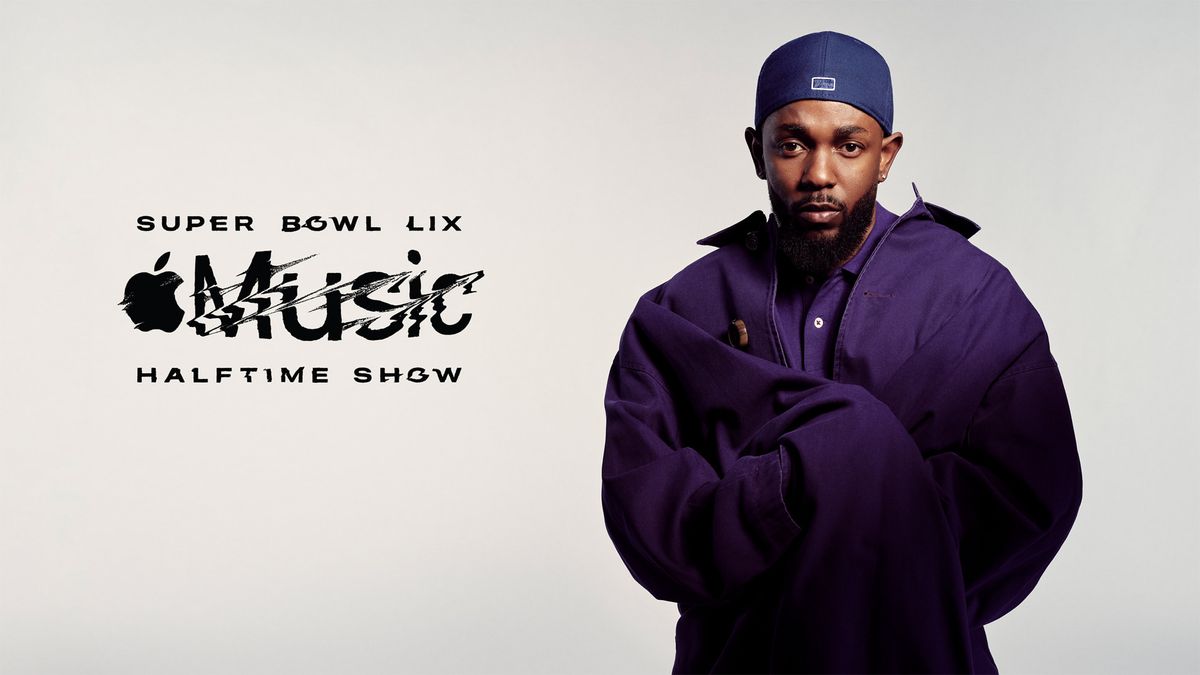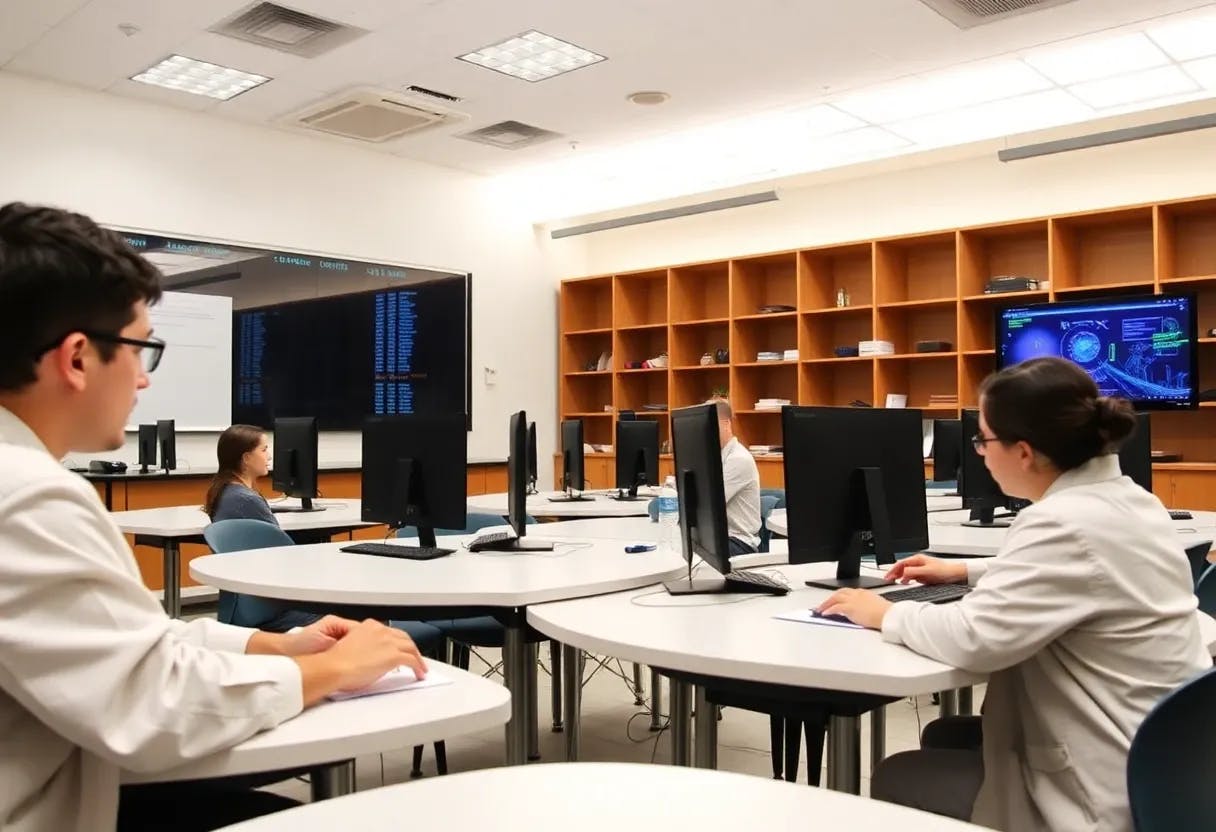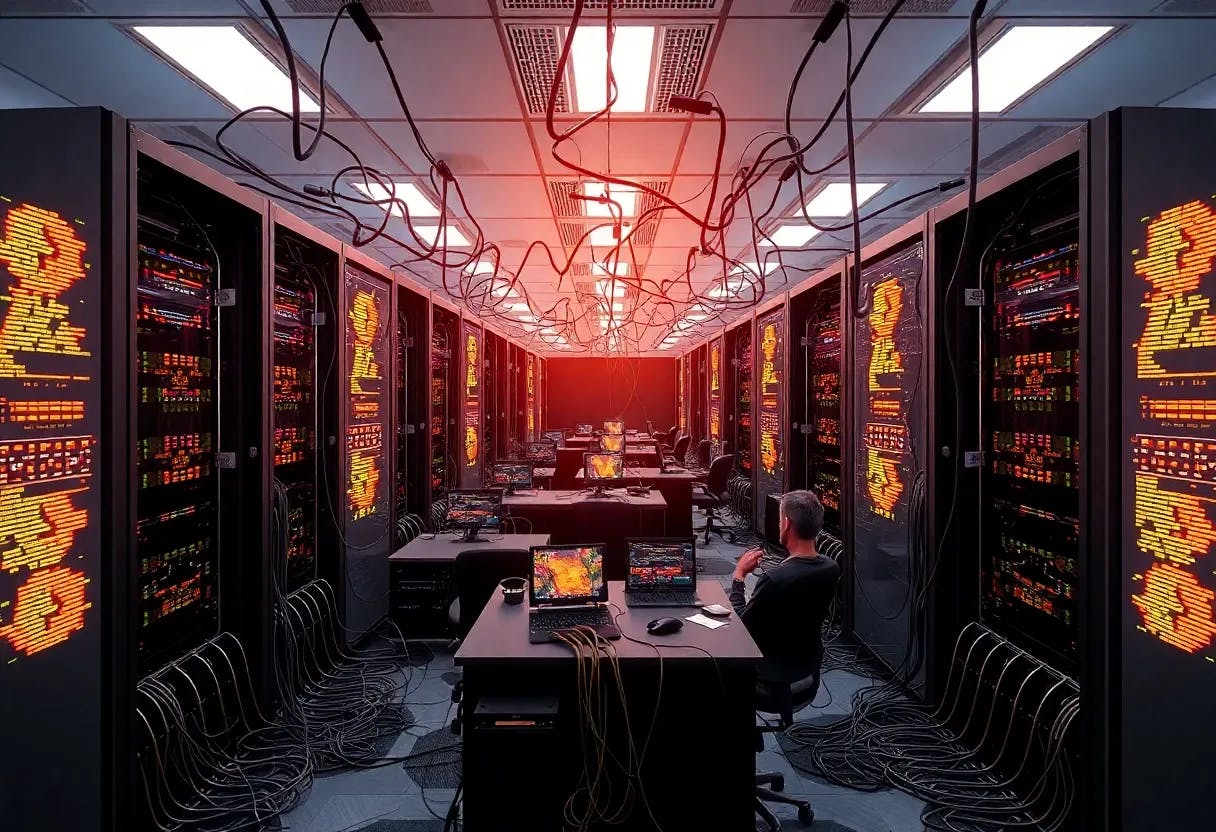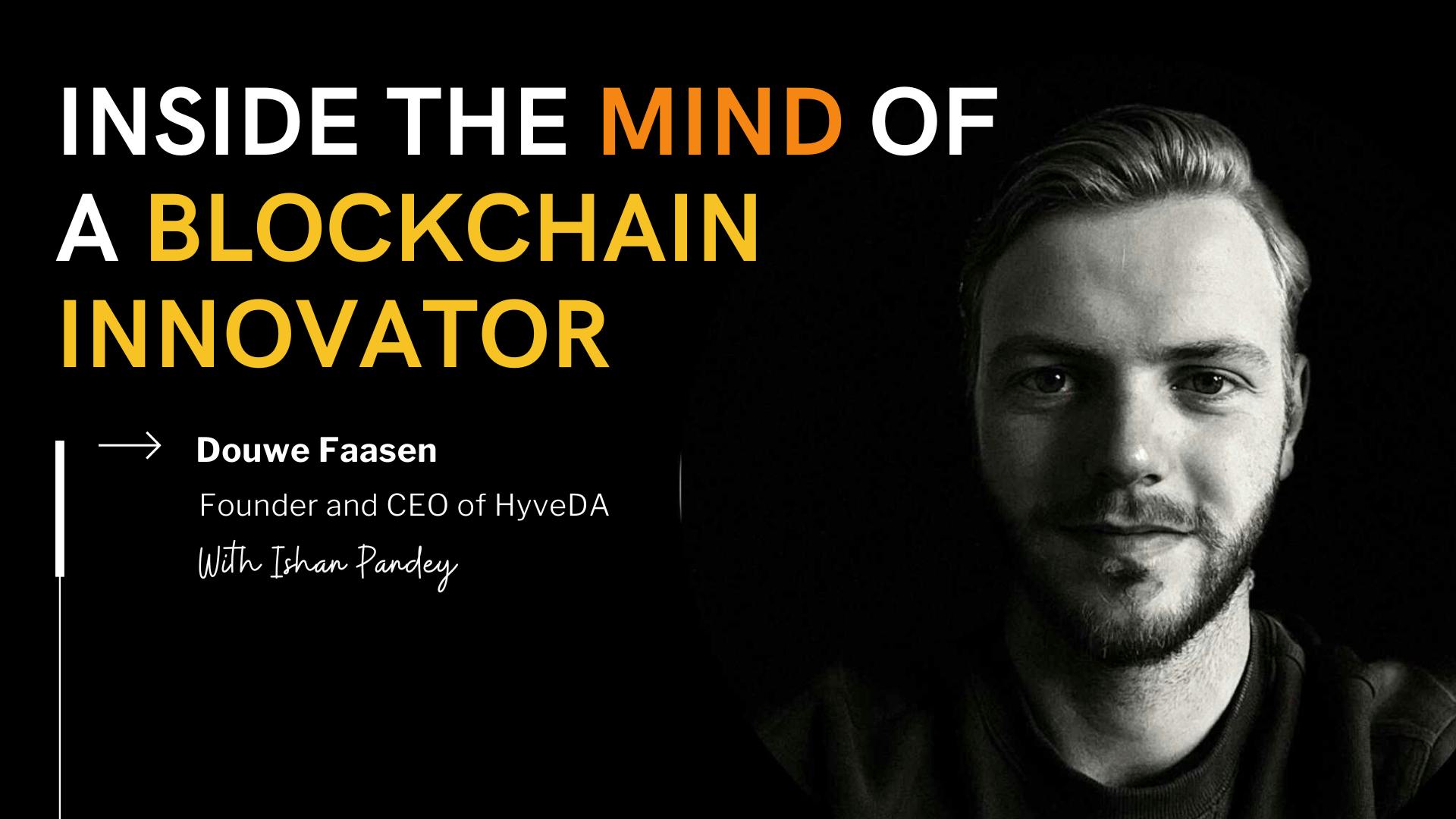Picking a name to define Decentralized Autonomous Organizations (DAOs) could be tricky. Some people call them, indeed, organizations, while others also call them communities, entities, governance systems, corporations, or organizational structures. In some places, they’re legally recognized as companies or general partnerships.
We can say that they’re a group of people (a sort of community, indeed) digitally united by a common cause, without centralized leadership. They manage common funds and have the right to vote through governance tokens and smart contracts. That’s how a DAO can work: with the rules of an algorithm on a Distributed Ledger, instead of any human middlemen.
If you’ve been in the crypto world enough, maybe you’ve already participated in a DAO or something very similar, without even noticing. There are some
Potential Issues vs. Benefits
The concept of DAOs gained significant attention with
Auditing code thoroughly is critical to avoid potentially catastrophic consequences. Another major issue could be legal uncertainty, depending on jurisdiction. Governance tokens, which often provide voting rights, can resemble securities under laws like the U.S. SEC’s Howey Test if they offer profit expectations. Projects may face regulatory scrutiny, risking fines or operational bans. On the other hand, places like Utah and New Hampshire
Despite these challenges, DAOs offer compelling advantages. Their decentralized nature ensures decisions are made collectively by token holders rather than concentrated in a central authority. This reduces risks of corruption, censorship, or bias, especially in global, community-driven projects. For example, DAOs can fund public goods or manage protocols without reliance on a single governing body, fostering inclusivity and fairness. Decentralization is vital for resisting centralized entities that might abuse control, ensuring open and transparent systems for all participants.
Governance Tokens vs. DAOs
Furthermore, governance tokens can be symbolic if voting doesn’t meaningfully impact operations or if major decisions are pre-determined by insiders. A genuine DAO uses governance tokens to distribute power across its community, enabling transparent, democratic decision-making. However, if smart contracts don’t execute decisions automatically or if off-chain mechanisms dominate, the entity fails to meet the core principles of a DAO.
This way, we can argue that
Since November 2024, it’s also possible to use GBYTE
Featured Vector Image by rawpixel /

